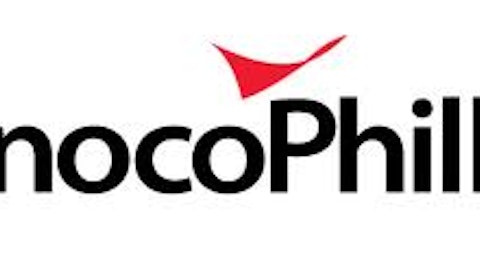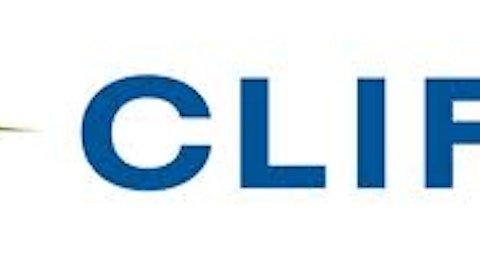
This was confirmed by the Commonwealth Bank of Australia at the beginning of this month when it announced that Shell may sell its stake, valued at $7.2 billion, to BHP Billiton Limited (ADR) (NYSE:BHP) .
Royal Dutch Shell plc (ADR) (NYSE:RDS.A), like many other oil and gas firms, has significant operations in countries that are either actively hostile to Israel or have not recognized the Jewish nation as a country. But Shell has to make a business decision in the interest of its long term survival and its shareholders. Now, it is trapped in a difficult position. Shell was going to sell its stake in Woodside anyway — a decision that was made two years ago — but with a highly sensitive political issue in the picture, its decision, rightly or wrongly, could have political repercussions with those sympathetic to Israel.
Through the deal, Woodside will become the operator for any LNG activity on the field. The company will make an upfront payment of $696 million for this right. If the project goes smoothly and certain stipulated conditions are met, then total payments will be in excess of $1.2 billion.
Royal Dutch Shell plc (ADR) (NYSE:RDS.A) itself has an extensive history of successful operations in the Middle East. The company not only pumps several hundreds of thousands of barrels of oil from the Arab world but is also a partner in many key future projects.
To get a perspective of how crucial the Arab world is to Shell, the company’s total production rate, from its most recent earnings release, is presented in the table below. As is evident, the Middle East and North Africa (MENA) region is one of the largest contributors to its upstream earnings and is second only to its home territory of Europe. Almost half of Shell’s MENA production, 344,000 bpd, comes directly from the oil rich nations of Oman and the United Arab Emirates. It is also a 30% owner of an LNG project in Qatar. Last year, Shell ramped up its pearl GTL facility in Qatar, which then, along with Pluto LNG in Australia, played a significant role in offsetting the impact of field declines.
| Total 2012 production in barrels of oil equivalent (thousand boe/d) | |
| Europe | 790 |
| Asia Pacific | 535 |
| Middle East and North Africa | 638 |
| Nigeria | 263 |
| Other Sub-Saharan Africa | 142 |
| Russia, CIS | 169 |
| USA | 406 |
| Other Americas | 194 |
| Total Production (including synthetic crude) | 3262 |
Moreover, the Arab world also holds significant political influence on some of the other economic power houses of Asia Pacific, such as Indonesia and Malaysia, both of which are an integral part of Shell’s long term growth. Shell, along with its partners, is currently developing a state of the art floating LNG facility at the Abadi LNG project in Indonesia, while it holds a 35% stake at the Malikai oil field offshore of Sabah State in Malaysia.
On the other hand, Woodside’s actions could also give Shell an excuse to divest from the company because:
a) Shell has been looking for extra cash to power some of its larger Australian and Singaporean projects;
b) Shell wasn’t planning on a long term relationship with Woodside anyway.

